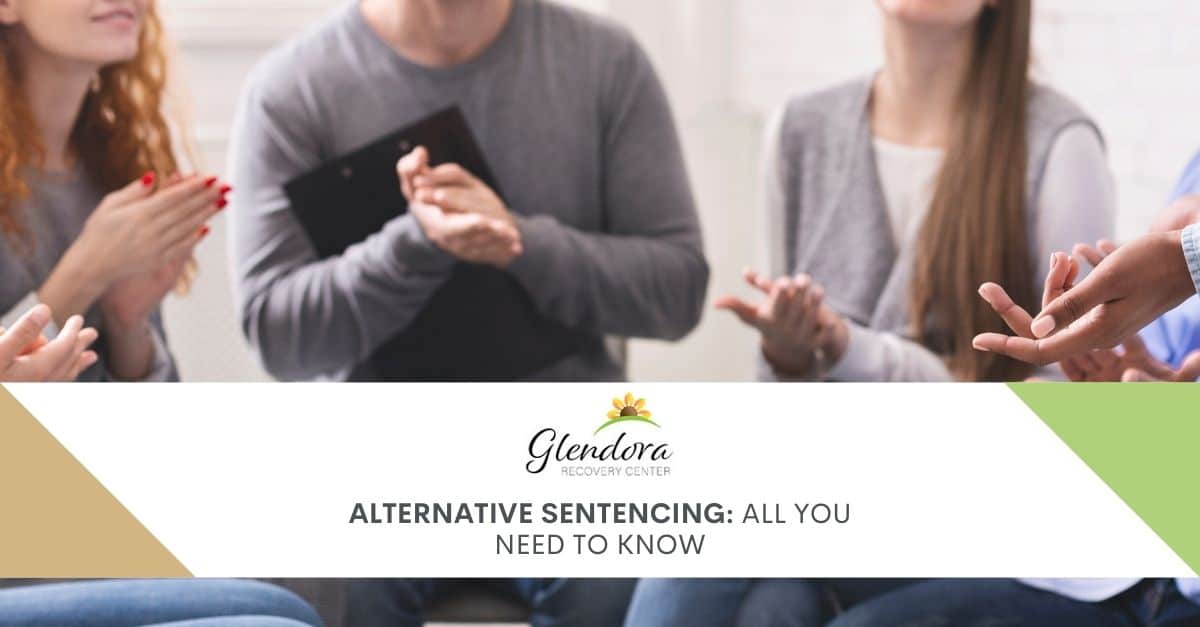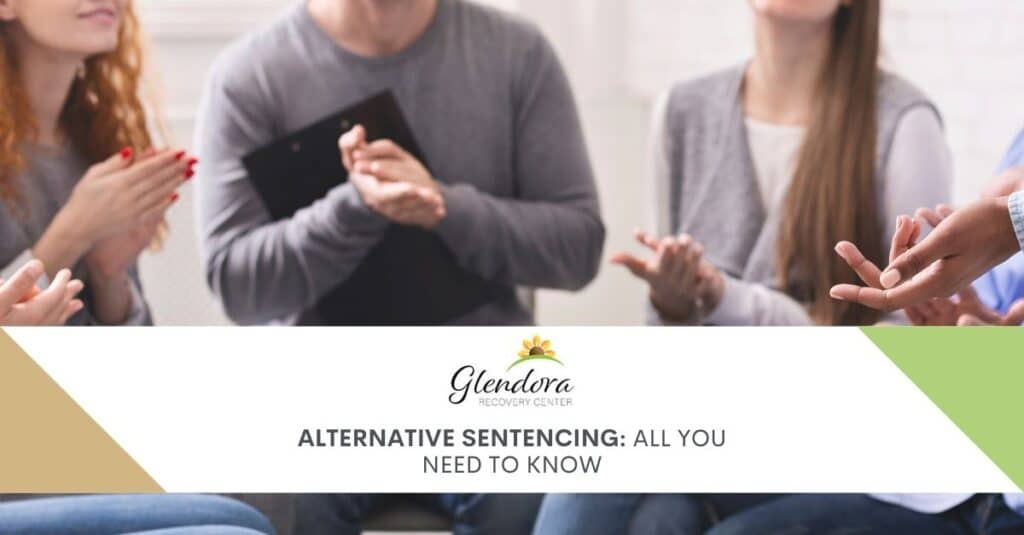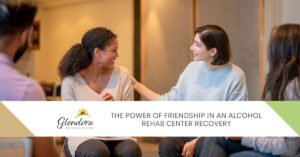
Some people who have broken the law are not sent to prison. These offenders may be sentenced to community service, house arrest, incarceration in a rehabilitation center, or alternative sentencing. It is an effective way of helping individuals begin a new life with an awareness of personal and social responsibilities.
What is alternative sentencing?
Alternative sentences are for those who have committed nonviolent crimes and are considered less of a risk to society than those imprisoned. Penalties can range from several months to several years, depending on the severity of the offense. An example is drug abuse treatment instead of prison time—the offender serves their sentence at home under strict supervision by probation officers.

Offenders serving an alternative sentence usually must meet certain conditions known as “sanctions.” Sanctions include meeting regularly with a probation officer, paying restitution (compensating their victims), getting substance abuse or mental health treatment, and performing community service work. According to a survey, around 95.4% of the offenders eligible for this program receive offense level decreases for acceptance. In addition, about 69.3% are sentenced to available alternatives.
What are the benefits of alternative sentencing?
There are several benefits to alternative sentencing programs. First, it allows offenders who would otherwise be imprisoned for minor offenses to remain in the community and maintain employment. IT reduces recidivism (a person going back to their old ways) because they have even more reason to commit a crime if they lose their job.
It also keeps families together as there is less chance that one spouse will be incarcerated. Finally, those alternative serving sentences pay restitution to their victims, which can cover court costs or other expenses incurred by the victim(s).
The main goal of this is to reduce prison populations and costs while still being able to hold offenders accountable for their crimes. In addition, alternative sentences allow the opportunity for rehabilitative treatment, which can help an offender become a productive member of society.
However, this sentencing does not work for every crime and should be used with discretion. In addition, it is essential to remember that often courts will still assess the costs of these services onto the offender’s sentence if they are ordered and may also require a higher fine than would be considered for a traditional court case.
How does the Glendora Recovery Center support this program?
We closely work with government authorities and support their initiatives and offer effective treatment to individuals. Based on court orders, we provide a complete cure, and the personalized recovery program helps people get rid of addictions faster. In addition, we give completion certificates to people who successfully finish the treatment. The court needs this certificate as proof that the individuals have undergone all needful progressions.
We follow a personalized approach towards offering treatment to individuals to get faster results. Our health care experts are always present among people to monitor their progress. For some individuals, this type of sentencing becomes a challenge to complete. However, our healthcare experts are always present to help them. Our professionals are certified and trained to handle every individual and situation to recover at pace following the court orders.
Contact Glendora Recovery Center now!
Get in touch with our healthcare experts and know more about alternative sentencing programs. Talk to us at (626) 263-5543 to explore the complete recovery programs and facilities that we offer at our premises.






